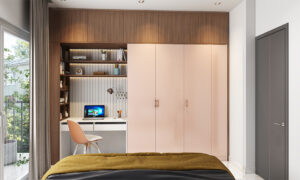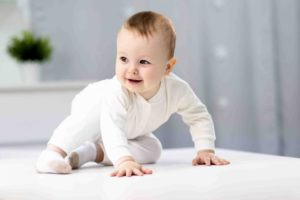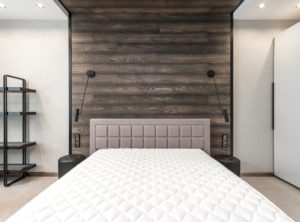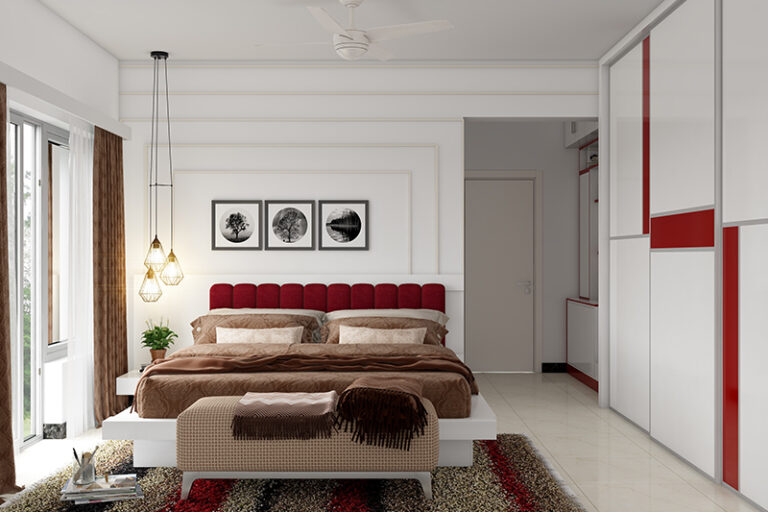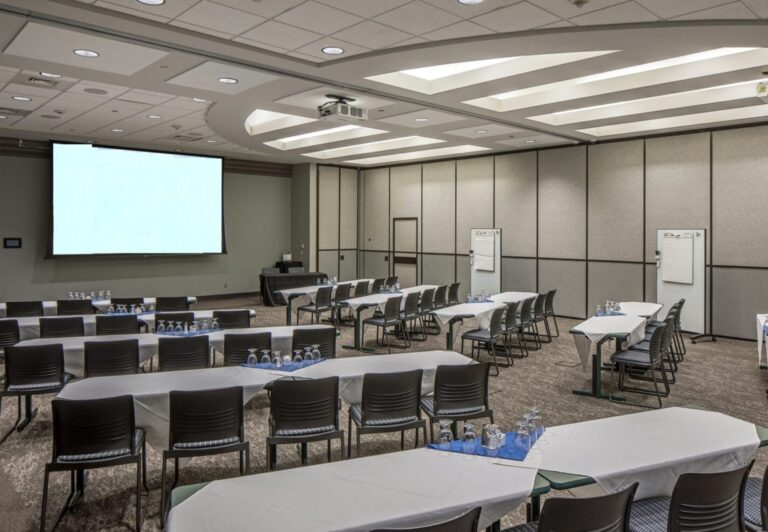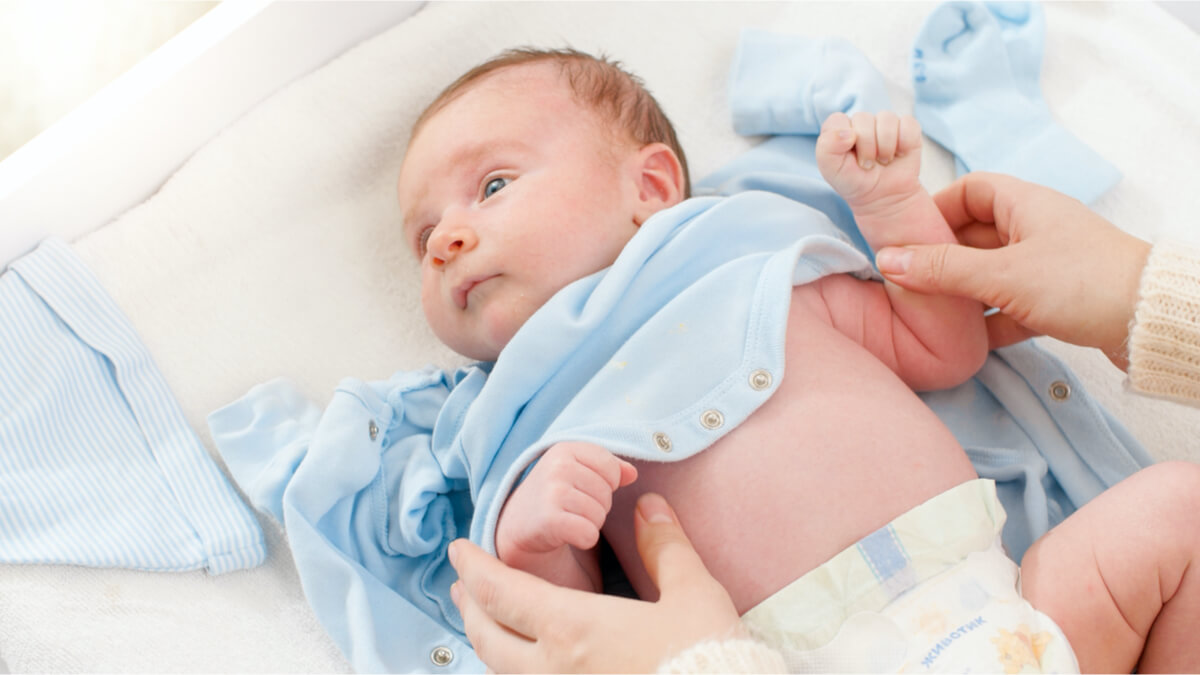
Dressing a newborn baby is a task that requires the utmost concentration. It is a very precious moment of touch with the baby, whether we do it after the bath or during the diaper change, and it is excellent for giving him a massage or pampering him.
However, because most babies dislike being undressed, what should be a joyful experience can often turn into the reverse. Many people cry as a result of the stress of being forced to dress. They despise being exposed to the elements and feel insecure when they are caught without clothing. They are whining and agitated.
We must keep the following suggestions in mind so that dressing them is not a painful experience for the baby or the person doing it:
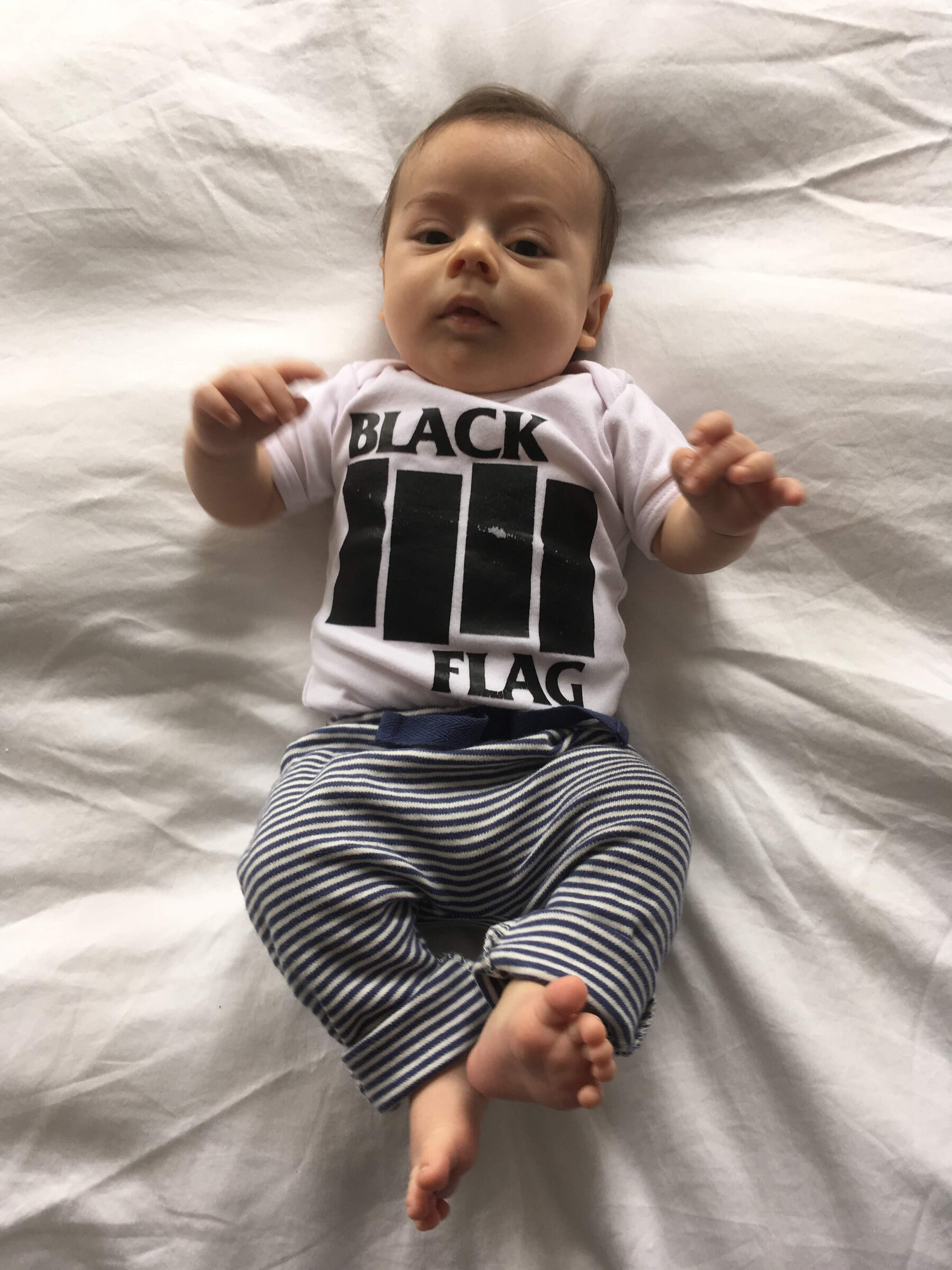
- The baby should be dressed while resting on his back on a sturdy, but not hard or cold, surface. Try to use a comfortable mat; if it’s made of plastic, it’s best to cover it with a towel that we don’t mind if it gets dirty. Of course, the tiny one should not be left alone on the changing table for even a second.
- Have everything you need on hand: quickness is crucial. We can’t leave the infant alone and unattended while we go shopping. Before beginning to undress the baby, the change must be prepared.
- Handle him with care. When putting on clothes, do not turn it over quickly or shake it. The movements must be safe, and it’s important to remember that the young infant can’t yet hold his head up.
- The baby despises it when his face is covered. Stretch the neck of the garment and position it with one hand while holding his head with the other when putting on or taking off the clothes over his head.
- We normally struggle with sleeve placement until we get the hang of it. However, the approach is fairly simple: instead of putting the arm in the sleeve, the sleeve must be put in the arm. That is, backwards pass our hand through the sleeve, then backwards pass the baby’s fist through the sleeve. Pulling or pushing their arms is never a good idea.
- Some of the automatic closures are frequently skipped. To avoid this, begin tying at the ankles and work your way up, first one leg, then the other.
Room Temperature
When we clothing the infant, we must ensure that he does not become cold. Because babies do not yet have the ability to control their body temperature, it is perilous for them to lose heat. They must utilize energy to generate heat if the environment becomes cold.
The temperature in the room should be pleasant, warm but not hot. A temperature that is conducive to unwinding. The optimal temperature is around 24 degrees.
Excess heat, on the other hand, is not beneficial, so be careful not to overdress him.
How should Your Baby’s Clothes Be?
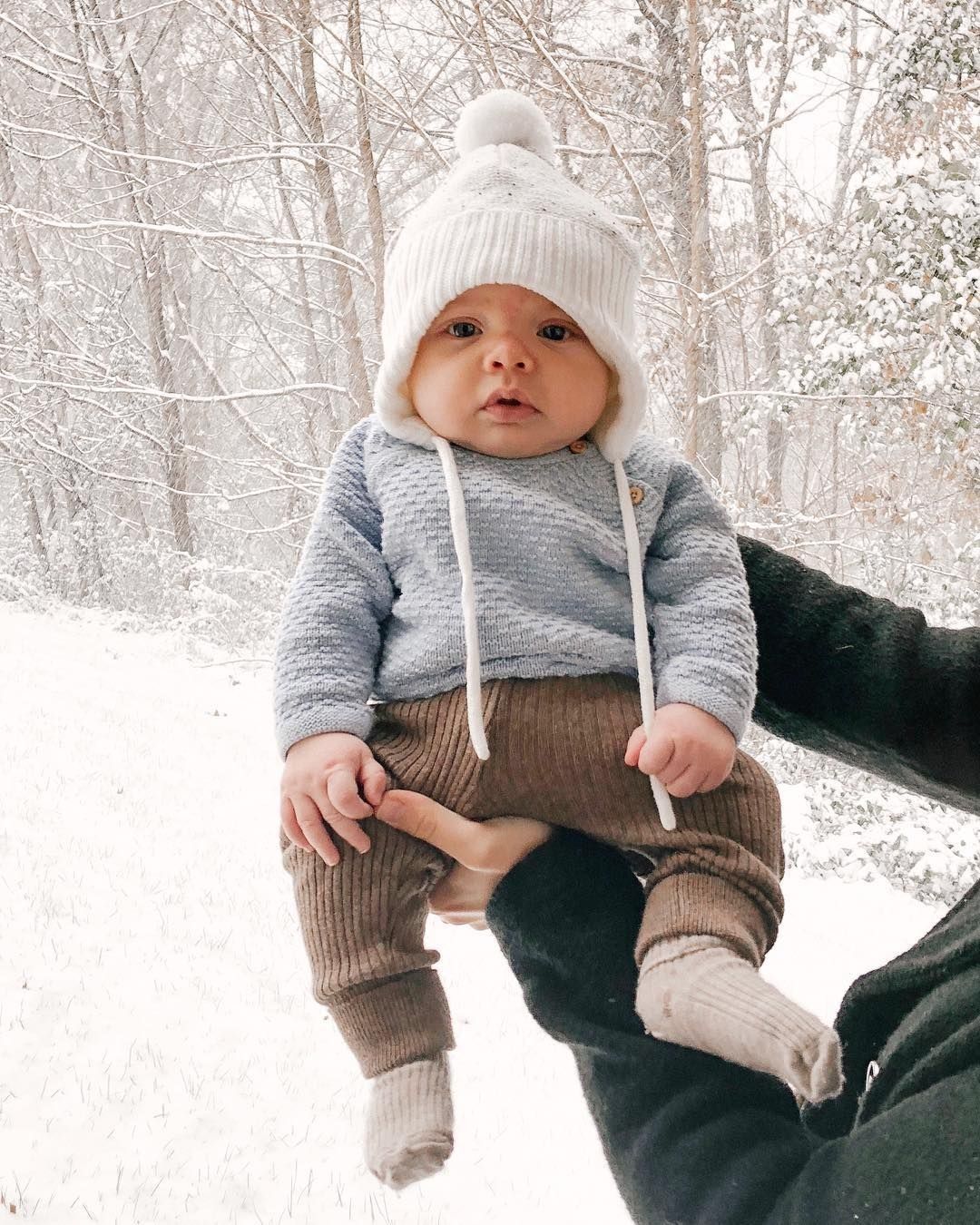
- It needs to be loose so that you may move around freely.
- To avoid irritation and allergies, they must be cotton clothes manufactured from natural fibers.
- Wool and synthetic textiles should be avoided.
- Never put safety pins on your baby’s clothes or place chains or ribbons on them.
- Choose clothing with a front opening.
- Choose tops with shoulder slits to make it easier to pull them over your head.
- Clothing that does not shed hair should be chosen.
- Strong detergents and fabric softeners should not be used on the baby’s clothes since they can trigger an allergic response or skin irritation.
- Zippers at the waist should be avoided; elastic waists are preferred.
- Choose rompers and pants with feet and better bodies than t-shirts for babies.
- Labels, especially those on underwear, should be removed.

